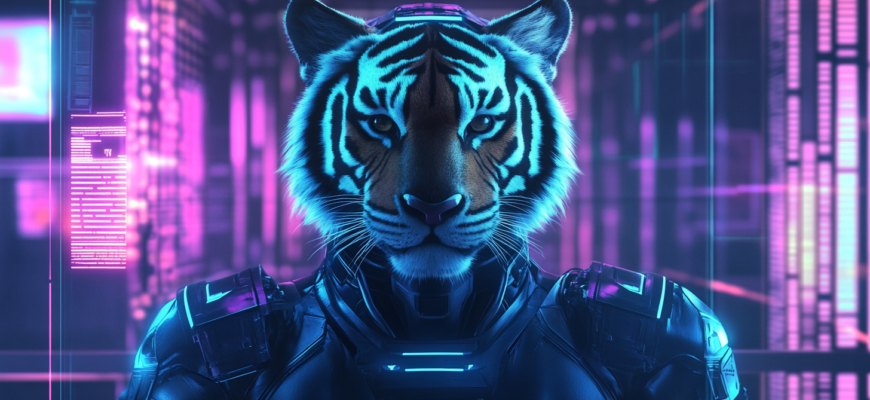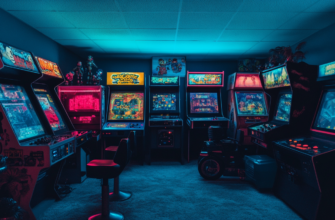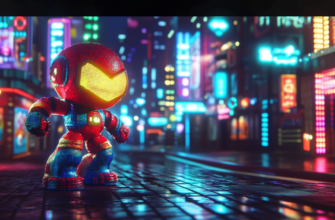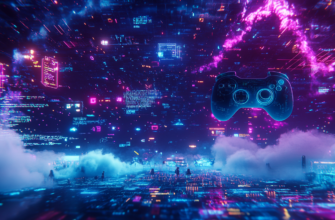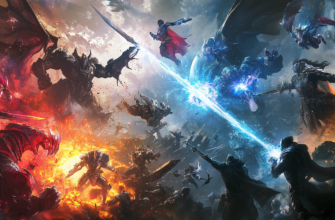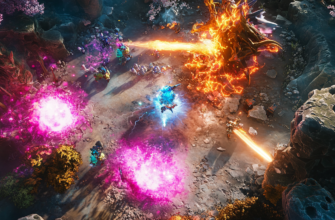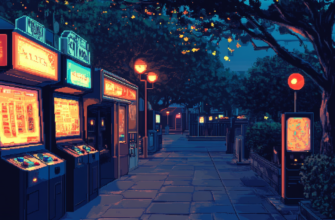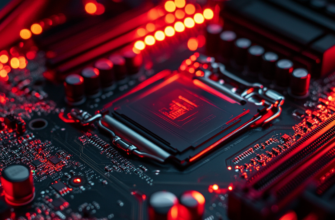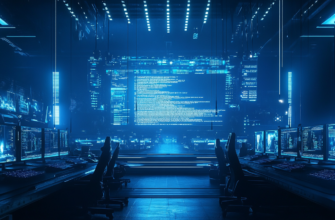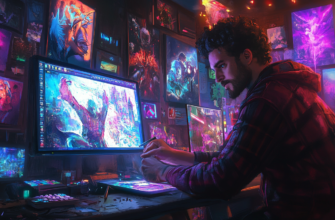- The rise and fall of Concord: What went wrong and why Sony’s $200 Million bet failed
- Sony’s colossal misstep
- The $200 million question: why Concord failed
- The aftermath: Firewalk Studios shuts down
- The mystery of the missing story
- Secret Level: Can animation save Concord’s legacy?
- The future? It’s bleak
- Final thoughts
The rise and fall of Concord: What went wrong and why Sony’s $200 Million bet failed
It’s another wild day in the gaming industry, folks. Today, we’re talking about the monumental crash and burn of Concord, a game that might go down in history as one of Sony’s most embarrassing failures. And hey, in an industry full of stumbles and missteps, that’s saying something.
So what happened? Here’s the deal: Concord, a highly anticipated live service hero shooter, launched like it was about to revolutionize the PlayStation universe. But two weeks later, guess what? It got yanked offline because, frankly, no one was playing. Ouch! Sony, a $200 billion empire, pouring in $200 million for a game and ending up with only 25,000 copies sold? Sounds more like a direct-to-bargain-bin disaster, not the next Fortnite.
Sony’s colossal misstep
Let’s break down how this happened. First, you’ve got Sony acquiring Firewalk Studios, a move that sounded brilliant on paper. Remember Firewalk Studios? No, you don’t, and that’s part of the problem. They were owned by ProbablyMonsters. Yeah, another name you’ve probably never heard of. But Sony, bless their hearts, threw $200 million their way. Fun fact: this money didn’t even cover the entire development budget. That’s right. Sony couldn’t even buy all the rights to the game or the studio. It’s like they wanted to flex some cash but forgot to check if the game was even remotely ready to succeed. Incredible.
The $200 million question: why Concord failed
Concord was ambitious. The whole live service thing? Great concept. The hero shooter angle? Super trendy. But, as we all know, trends don’t guarantee success. Ask Google Stadia. Oh wait, you can’t. It’s gone. Just like Concord.
- Lack of identity: People had no clue what made Concord different. It wasn’t overwatch, and it sure as hell wasn’t Fortnite. It felt like a Frankenstein monster of better games.
- Zero marketing: Did anyone even know this game was coming out? Sony threw it into the market like they were tossing spaghetti at a wall, hoping something would stick. Hint: the spaghetti splat.
- Awful timing: Releasing a live-service game in 2023, in a market choked with AAA titans like Apex Legends, Dota 2, and yes, Fortnite? You’ve got to bring a better game plan than just “hero shooter + sci-fi.” That phrase alone is enough to induce yawns these days.
Within two weeks—just TWO WEEKS—Sony pulled the plug. That’s like debuting a summer blockbuster and taking it out of theaters before anyone has time to grab their popcorn.
The aftermath: Firewalk Studios shuts down
You hate to see it, but Firewalk, the creators of Concord, didn’t just lose the game; they lost their entire studio. Sony pulled a Thanos-level snap on them, and suddenly Concord is scarcely more than a fading footnote in PlayStation history. But wait, it gets better! Firewalk’s shuttering wasn’t just an ordinary bankruptcy; this was a major blow for Sony, considering their investment in both the studio and the game.
Here’s a little industry secret: if a developer goes under after launching a big project, you know something catastrophic happened behind the scenes. Bad management? Unrealistic deadlines? Unclear vision? Probably all of the above.
The mystery of the missing story
Here’s where things get a little sad. And you won’t get me saying “sad” too often. Concord actually tried to tell a good story. Through what we, in the biz, call “cinematic vignettes,” they planned to unveil a gripping sci-fi universe over time. But nope! The game got pulled so fast that players barely got a taste. It’s like ordering a steak dinner and having the waiter take it away after the first bite.
Tim Miller, creator of Amazon Prime’s forthcoming animated anthology, tried to salvage something from the wreckage. His Secret Level anthology has an episode dedicated to Concord, which essentially covers what the game should have been. Miller, the guy behind Netflix’s phenomenal Love, Death & Robots, explained that he and his team had no idea they’d be creating a memorial for one of Sony’s worst missteps during the three-year development of the show.
Let’s face it: the Concord episode may be the only glimpse we ever get of this world. Tim, good intentioned as ever, says in interviews that people can “see the potential of this world and the characters.” Sure, Tim, but potential is what takes you from zero to $200 million in debt.
Secret Level: Can animation save Concord’s legacy?
So this is where we’re left: a failed game, a dead studio, and a single animated episode trying to give meaning to the hours and dollars wasted on an incomplete, unsupported flop of an experiment. Fantastic! Look, if there’s anything left of the Concord dream, it’s hanging by the thinnest of threads in Amazon’s Secret Level show.
And let’s be honest, these episodes are often fun when handled by great creators. Tim Miller has the chops to turn any idea into a visual masterpiece. But seriously, there’s only so much even the best can do with half-baked material. This feels like decorating the Titanic without fixing the iceberg issue. Nice try, but the ship’s already underwater, my friends.
The future? It’s bleak
Looking forward, there’s no immediate plan to resurrect Concord. I’d bet original fans of hero shooters won’t even care. Why? Because there are just too many better games out there right now. And unless Sony and its developers figure out how to make Concord stand out—or, better yet, fix the live service model (since you know, that’s important too)—the only people talking about Concord a year from now will be us. You know the ones who love a good “what went wrong” story.
In conclusion, what we’ve got here is a juicy lesson in mismanagement, misplaced vision, and a complete zone-out in terms of knowing the competitive market. Sony might be great at a lot of things, but this was a massive train wreck. Will Concord fade away completely? Probably. And you know what? They deserve it! You don’t enter the live-service game without having every single tiny detail perfected. Otherwise, you get exactly what happened: Game Over.
Final thoughts
Should we feel bad for the developers? Kind of. They were trying something new, but as we can all see by now, the road to hell is paved with…attempts at making the “next big thing.” Tim Miller might have given it a last-minute lifeline with Secret Level, but let’s be honest: this game was dead the minute it hit the PlayStation Store with no buzz, no strong marketing, and nothing people really wanted to rush home and play.
Remember folks, it’s not the size of the project that matters. It’s whether anyone actually gives a damn after launch. And Concord? It just didn’t have that magic.

